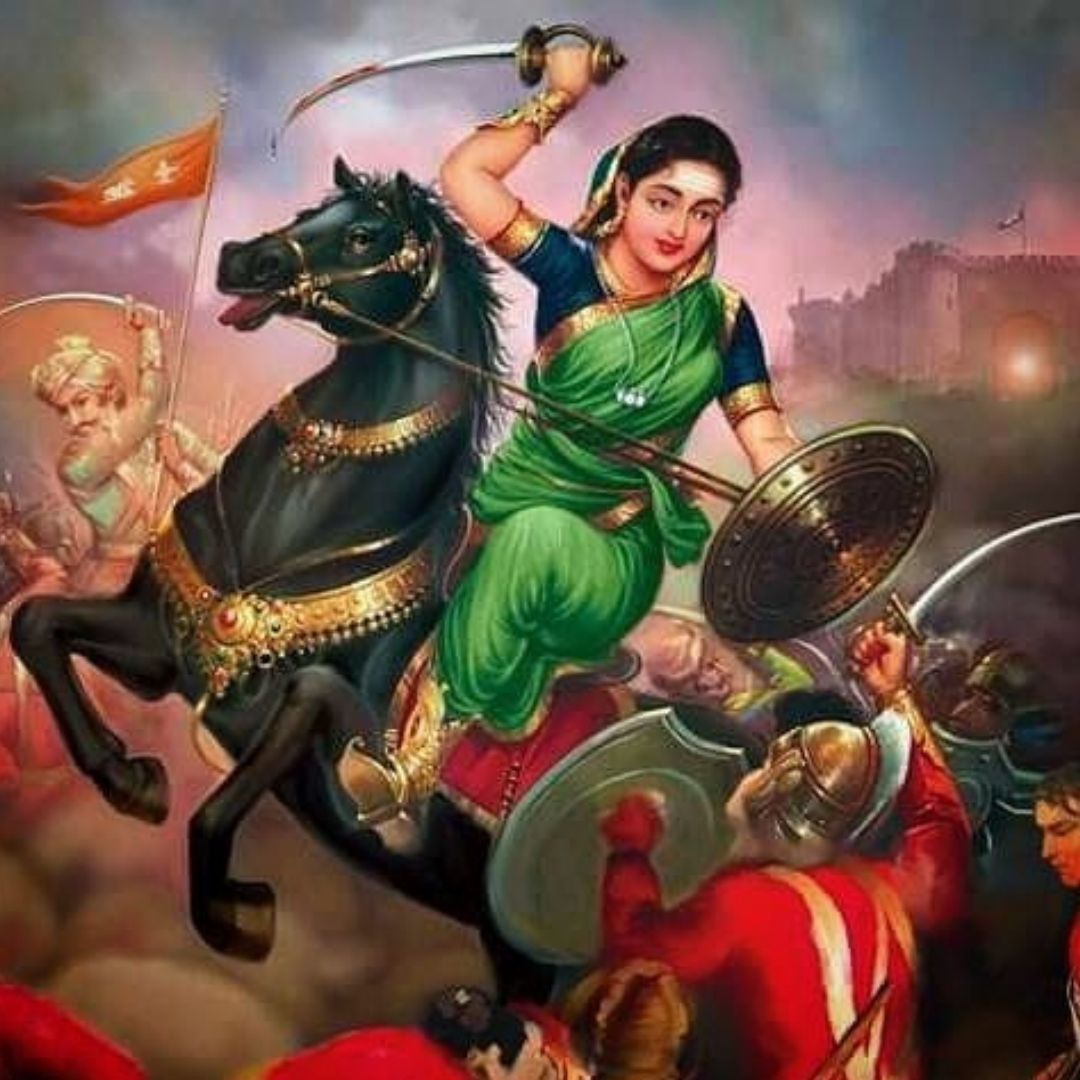PM pays tributes to Rani Velu Nachiyar on her birth anniversary
Rani Velu Nachiyar was an 18th-century warrior queen who belonged to the Sivagangai estate in present-day Tamil Nadu. She was the only daughter of the royal couple of the Sethupathi dynasty and was trained in martial arts, archery, and horseback riding. Rani Velu Nachiyar was also multilingual, with proficiency in languages such as French, English, and Urdu. On her birth anniversary, Prime Minister Narendra Modi paid tribute to her “courageous” spirit and her contributions to the fight against colonialism and for the welfare of society.
Here are five points about the life of this celebrated warrior
- Tragedy struck early on in Rani Velu Nachiyar’s life when her husband, Muthu Vaduganatha Thevar, was killed by the British and the son of the Nawab of Arcot during the Kalaiyar Koil War. Following this event, Velu Nachiyar and her daughter were forced to flee from their land.
- After fleeing, Rani Velu Nachiyar sought refuge with Gopal Naicker, the ruler of Dindigul. While under Naicker’s protection, she also met Haider Ali, the Sultan of Mysore, and impressed him with her fluent Urdu and intellect.
- With the support of Naicker and Sultan’s forces, Rani Velu Nachiyar set out to regain control of her kingdom in 1780. This historic event is also believed to be the first instance of suicide bombing in India, with Velu Nachiyar and her military commander, Kuyuili, devising the plan to destroy British weapons.
- Kuyuili sacrificed herself by setting herself on fire and walking into the armoury chambers of the fort captured by the British, thereby paving the way for Rani Velu Nachiyar to launch an attack and win her kingdom back. She earned the title “Veeramangai,” or “the brave one,” for her bravery in fighting the British and the Nawab of Arcot.
- In addition to her military successes, Rani Velu Nachiyar is also remembered for her efforts to improve the welfare of her people. She granted powers to Marudhu Brothers to administer the country and made them responsible for the welfare of the people. She also abolished the practice of sati, the ritual of widows immolating themselves on their husband’s funeral pyres, and implemented several social reforms.
Rani Velu Nachiyar’s legacy as a warrior queen who fought against British colonialism and worked for the welfare of her people continues to inspire and motivate generations. She is remembered through a commemorative postal stamp and will always be remembered as a symbol of courage and determination.
Month: Current Affairs - January, 2023
Category: Awards, Honours & Persons in News






